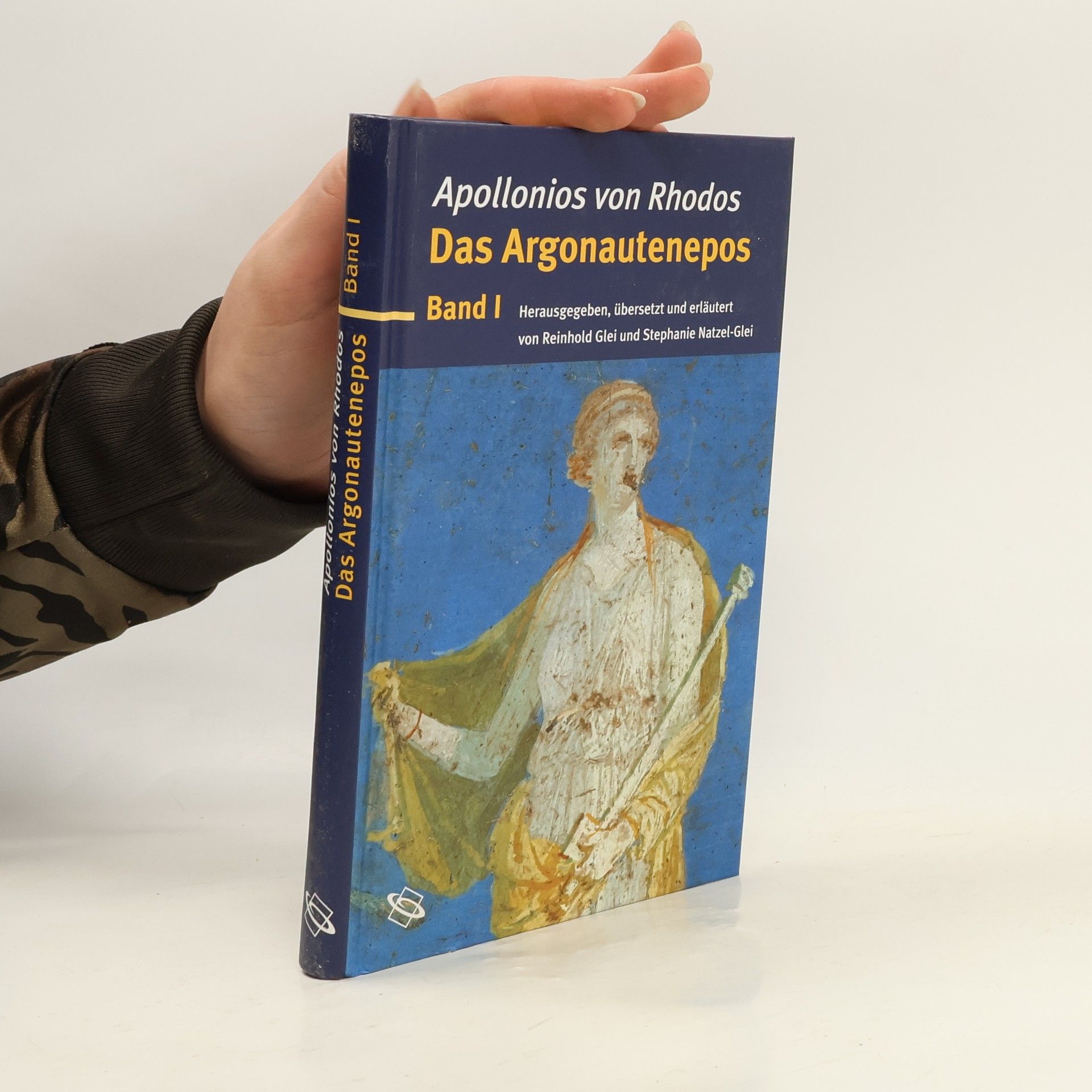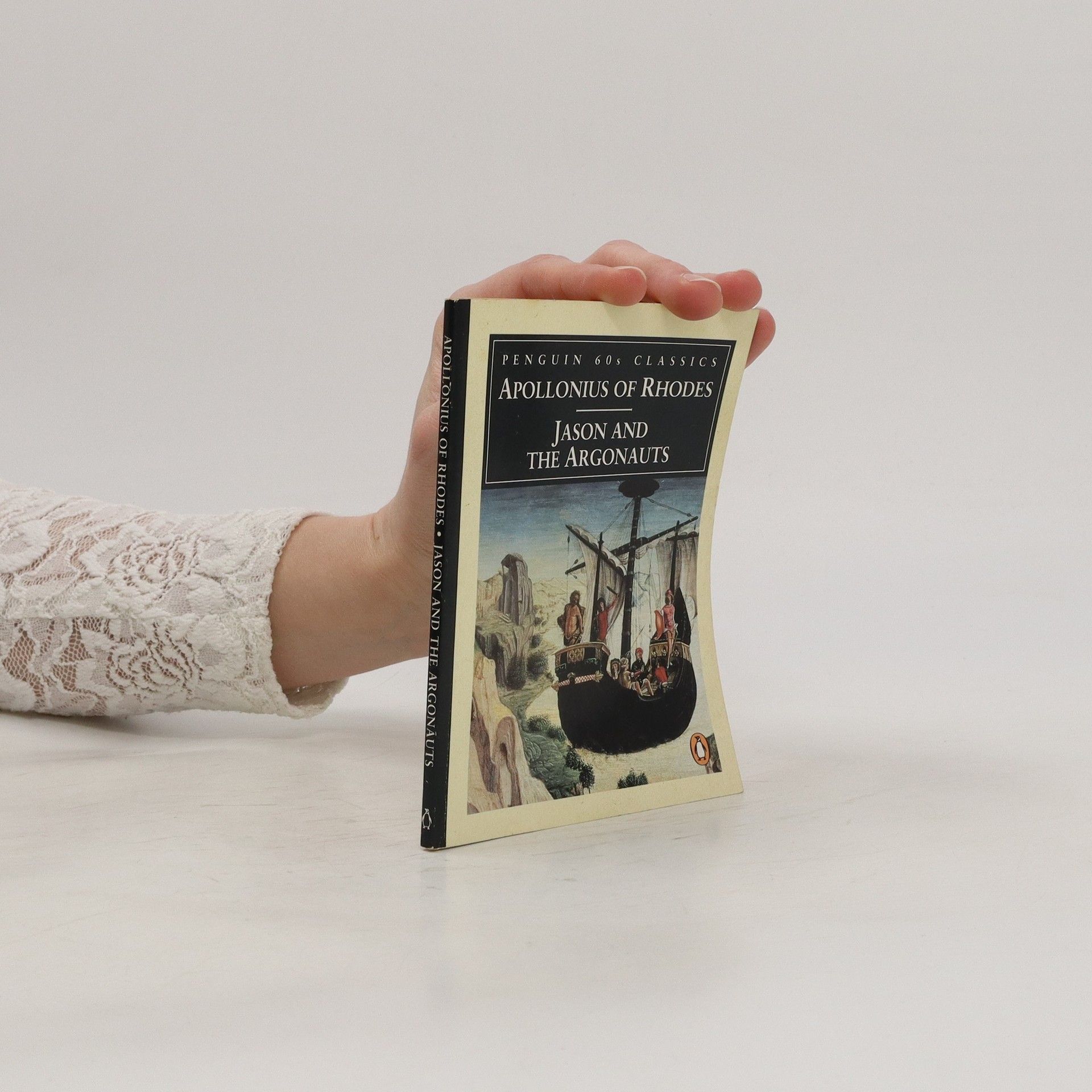Jason and the Golden Fleece (The Argonautica)
- 175 pages
- 7 hours of reading
It is a task that no man has ever completed: to bring back a magical ram's fleece that lies hidden in a far-off land, guarded by an all-seeing serpent. But, one man, Jason, must try. His life depends on it. Upon the orders of the King, Jason must cross deadly seas with the crew of his ship.



